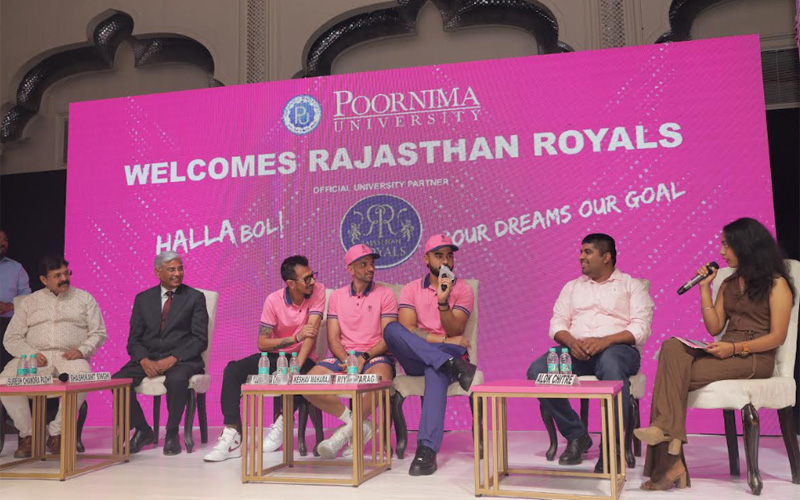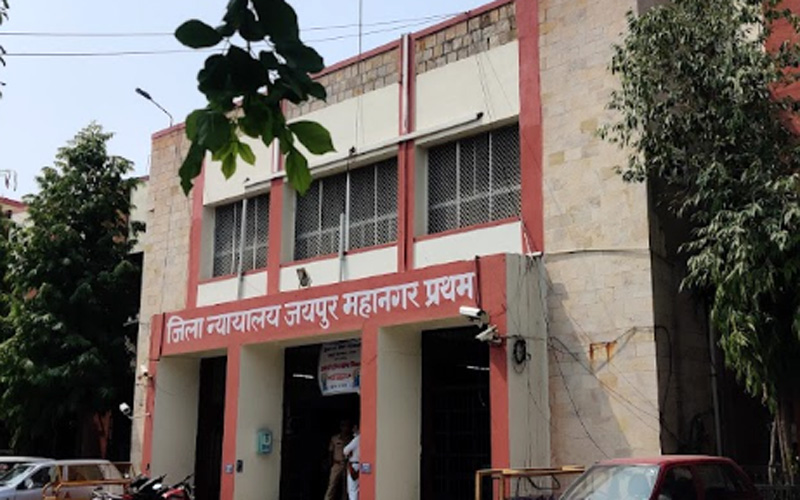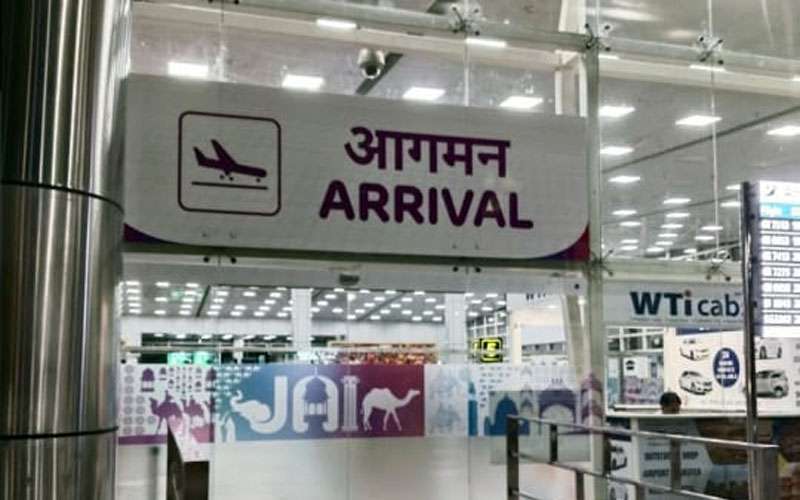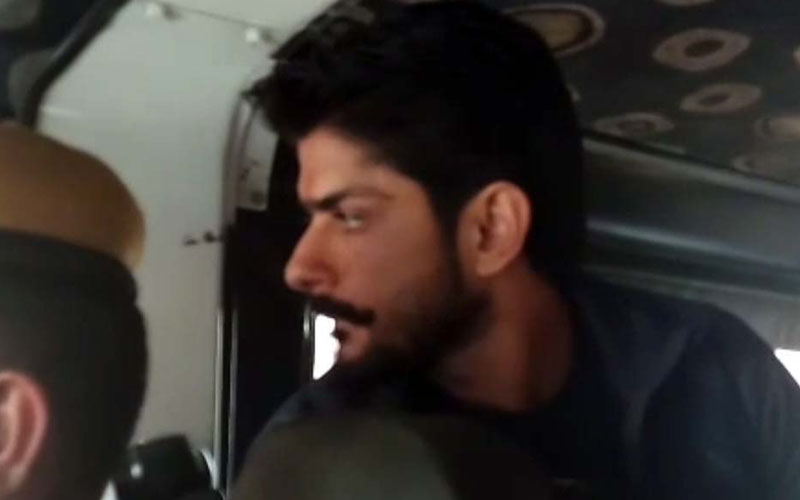Jaipur-Delhi travel on Delhi-Mumbai Expressway: Must know details
The travel time has been cut in half, but there are a few things you should keep in mind.
Last Updated:

Delhi-Mumbai Expressway.
JAIPUR: The Delhi-Mumbai Expressway has reduced the travel time between Jaipur and Delhi to 3 hours. The travel time has been cut in half, but there are a few things you should keep in mind when using the expressway for travelling to Delhi from Jaipur or vice-versa. For example, commuters will have to pay Rs 175 more as toll tax when travelling on the expressway.
Toll tax on Delhi-Mumbai Expressway
Previously, travelling from Jaipur to Delhi on the old road required paying a toll of Rs 375, whereas, on the expressway, the toll will be Rs 550, which is Rs 175 more.
To travel from Jaipur to Bhandarej in Dausa via the Delhi-Mumbai Expressway, you must pass through the Rajadhok toll booth and pay Rs 75 for a car. The toll charge from Bhandarej to Hilalpur will be Rs 395. Similarly, when travelling from Hilalpur to Delhi, you will need to pay a toll tax of Rs 80 at Gurugram. In total, to make the journey from Jaipur to Delhi, you will have to pay Rs 550 rupees.
On Jaipur-Delhi national highway, there are three tolls at Manoharpur, Shahjahanpur, and Gurugram and the toll to be paid at these plazas is Rs 75, Rs 155 and Rs 80 respectively. It means you pay a total of Rs 310. If you leave from Daultapur, then one more toll costing Rs 65 is to be paid, and the total toll tax is Rs 375.
The Delhi-Mumbai Expressway will only deduct toll charges from FASTag at a single exit point, unlike the Old Delhi Road, where toll had to be paid at three different places. Moreover, due to the heavy vehicle traffic, there were significant waiting times for toll payment, leading to long traffic jams at Manoharpura and Shahjahanpur.
Entry and Exit points
To travel to Delhi from Dausa, you can enter the expressway from Bhandarej, Dungarpur, or Badkapara, as there are a total of 9 interchange points along the highway. If you’re coming from Delhi, the first entry point will be Hilalpur, followed by Khalilpur, Kalinjar, Ghata Samasabad, Sheetal, Pinan, Bhandarej, Dungarpur, and the final point will be Badkapara toll. These interchange points will serve as entry and exit points for the expressway.
Speed limit
The Delhi-Mumbai Expressway comprises eight lanes, with an option to increase to 10 lanes if required. A speed limit of 120 kmph has been set for light vehicles, while a lower speed limit has been designated for larger vehicles, such as buses and trucks.
Districts covered by Expressway in Rajasthan
The expressway will connect seven districts in Rajasthan. Starting from Delhi, the districts of Alwar, Bharatpur, Dausa, Sawai Madhopur, Tonk, Bundi, and Kota will be connected first. To access the expressway, there will be only one entry and exit point in each district, enabling connectivity with the highway. Therefore, access to the expressway will only be possible through these designated entry and exit points.
Rest areas
In order to address safety concerns, six rest areas have been constructed on both sides of the road between Sohna and Bhandarej. While two rest areas have already been opened, work is ongoing for the remaining four. These rest areas have been equipped with a variety of facilities, including restaurants, petrol pumps, charging stations, service stations, and trauma wards.
The Delhi-Mumbai Expressway has been connected to the Eastern and Western peripheral highways as well. This will provide direct benefits to areas such as Ghaziabad, Hapur, Baghpat, Meerut, Faridabad, and Palwal. A loop connects the peripheral highways to the Delhi-Mumbai Expressway. This means that people can now come and go directly from outside without having to enter Delhi. Motorists can take the Eastern Peripheral and then use the interchange at Sehna in Gurugram to get on the Western Expressway.
The Delhi-Mumbai Expressway will be the longest highway in India. Its length is 1386 km. At present, the report is claiming to reach Mumbai from Delhi in 12 hours by expressway. The distance between Delhi and Mumbai will be reduced from 1424 km to 1242 km only. Now it takes 24 hours to reach Mumbai, but after the completion of the highway, it will take only 12 hours to reach Mumbai from Delhi.




